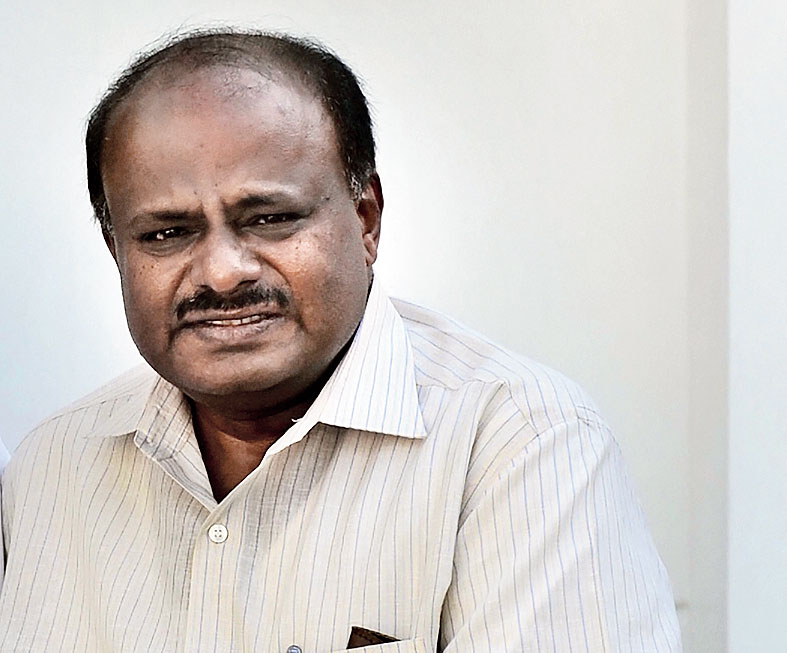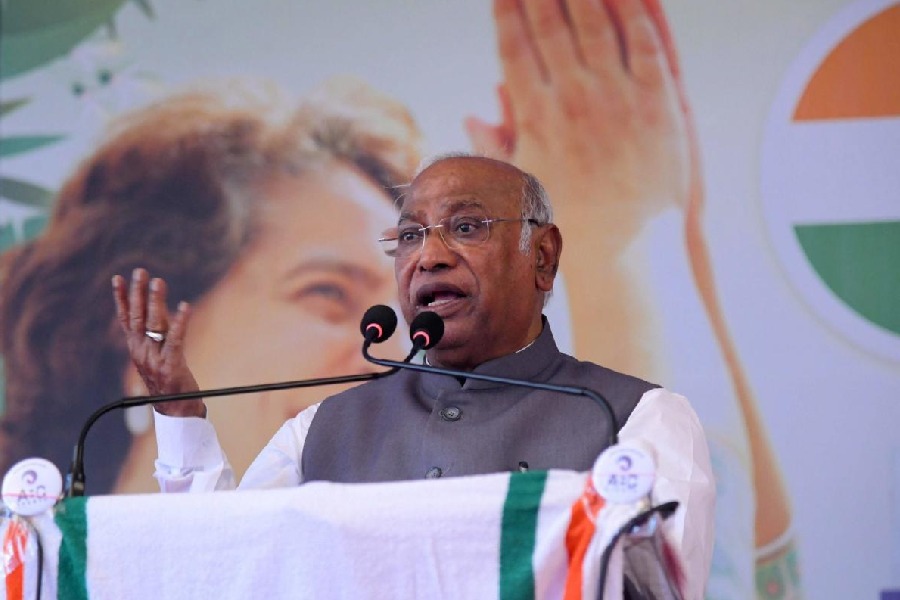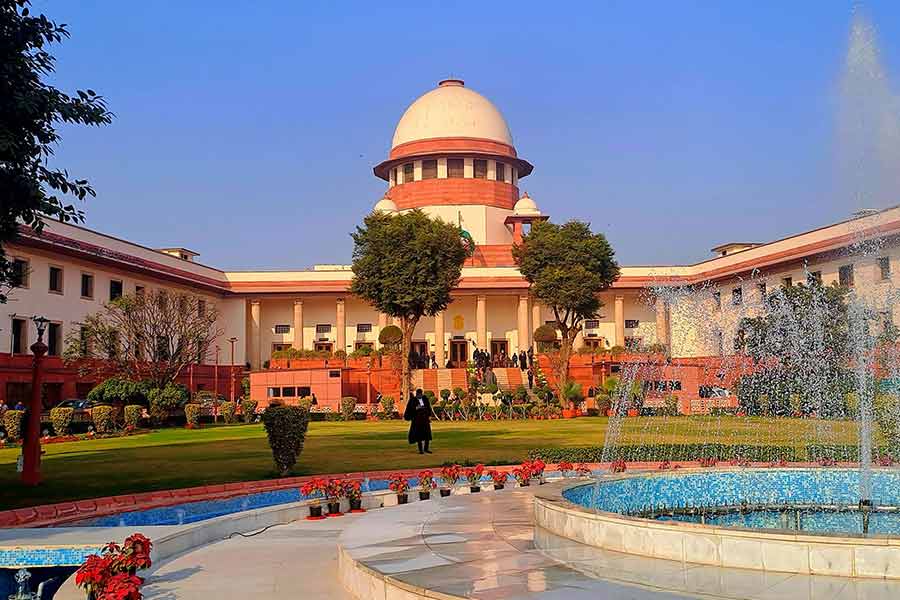The Karnataka government has directed that all schools must teach Kannada and warned of strict action in case of failure to adhere to a state law that makes the language mandatory in schools.
The minister for primary and secondary education, S.R. Srinivas, has directed officials of the department of public instruction to ensure that all schools teach Kannada.
The Kannada Language Learning Act, 2015, mandates that all schools, whether government or private, teach Kannada as the first or second language. Since many schools, especially those affiliated to the Central Board of Secondary Education (CBSE) and the Indian Certificate of Secondary Education (ICSE), have ignored the rule, the state government has launched a fresh drive to get them to fall in line.
Although none in the government agreed to comment on the reason behind the renewed push, neighbouring Tamil Nadu had erupted in protests against alleged “imposition of Hindi” after the Centre came out with a draft National Education Policy that endorsed a three-language formula for schools.
The Centre had tried to allay fears by clarifying that it was a “draft policy”, which would be finalised “after getting feedback from general public, and after consulting state governments” and that there would be “no imposition of any language in educational institutions, nor discrimination against any language”.
Minister Srinivas told reporters on Tuesday that according to the rule, “every school, irrespective of their affiliations, in Karnataka must teach Kannada as either the first or the second language”.
“Lax implementation has resulted in some schools ignoring the rule. We will not tolerate that anymore,” he added.
“I will visit schools to check if the rule is being implemented. Or else I will initiate action against block education officers and deputy directors of public instruction,” Srinivas said.
The Kannada Language Learning Act had mandated that Kannada must be compulsorily taught from Class I from the 2015-16 academic year itself. But the law was not allegedly implemented stringently. The government had then set 2017-18 as the fresh deadline for implementation, but that too was not followed properly.
The idea was to implement the rule in a phased manner so that in 10 academic years, all students up to Class X would be learning the language.
Older schools, including minority institutions, have been teaching Kannada for decades, long before the Act came into force. But newer schools in the private sector have not been that meticulous. The Act maintains that the rule is applicable to all schools in the state.
To ensure 100 per cent implementation of the rule, the Kannada Development Authority (KDA), a government body, has written to Union minister for human resources Ramesh Pokhriyal to get all Kendriya Vidyalayas in the state to teach Kannada as a compulsory subject.
A KDA source said the organisation was considering approaching the Council for the Indian School Certificate Examinations, which offers the ISCE stream, with a similar request.
Of the nearly 40,000 government schools in Karnataka, 18,000 are in the private sector.
While schools following the state syllabus automatically abide by the rule, those affiliated to the central boards need orders from their directorates to make Kannada mandatory.
“In the letter, we have informed the Union minister that Kendriya Vidyalayas are hesitant to make Kannada compulsory since they require an order from the Centre,” a KDA source said.
He said the Kendriya Vidyalaya Sangathan had communicated to the KDA its inability in making Kannada compulsory in the 50-odd schools it runs in Karnataka.
“This kind of anti-regional attitude will create a climate of mistrust. So we have requested the minister to issue orders to the Kendriya Vidylayas to make Kannada compulsory,” said the official, who declined to be named.
But the organisation managing private schools has encountered a larger problem.
“The state government needs to approach both the central boards before we can ensure 100 per cent implementation of Kannada as a language,” said D. Shashi Kumar, general secretary of the Associated Managements of English Medium Schools in Karnataka.
“I am all for teaching Kannada. But schools that follow CBSE or ISCE need to first get the green signal from the boards,” he told this newspaper after attending a meeting with chief minister H.D. Kumaraswamy.
Kumar was of the view that imposing a language, whether it is Hindi or Kannada, would violate constitutional provisions unless the boards themselves agree to follow the state’s language rule.
An official at a private school where Kannada is not mandatory aired another issue. “It is the floating population that finds it difficult to opt for Kannada since they might move to another state in a few years,” said the official, who didn’t want to be named.











